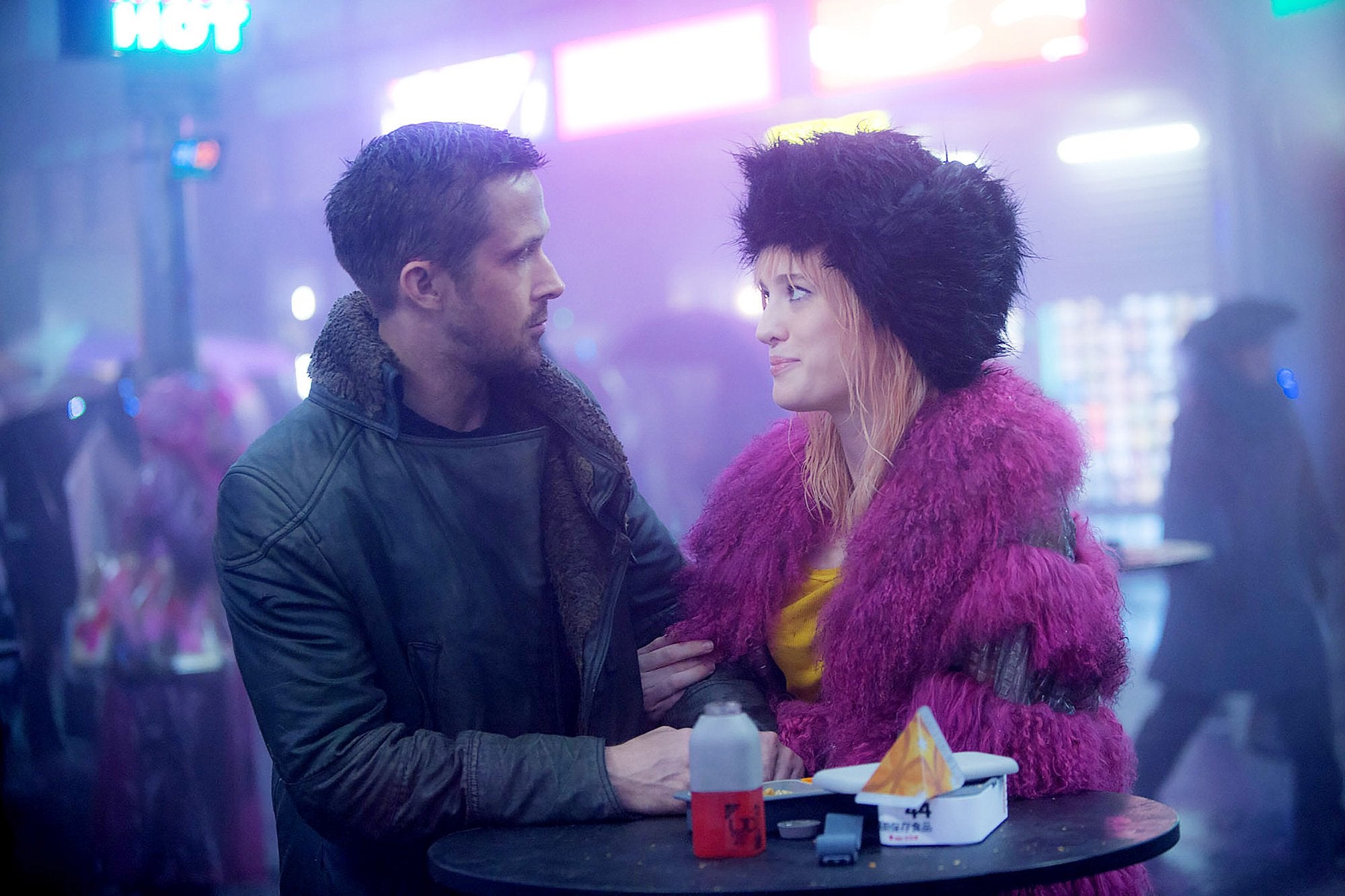Blade Runner 2049 director responds to criticisms of female characters
'Cinema is a mirror on society. Blade Runner is not about tomorrow; it’s about today'

Your support helps us to tell the story
From reproductive rights to climate change to Big Tech, The Independent is on the ground when the story is developing. Whether it's investigating the financials of Elon Musk's pro-Trump PAC or producing our latest documentary, 'The A Word', which shines a light on the American women fighting for reproductive rights, we know how important it is to parse out the facts from the messaging.
At such a critical moment in US history, we need reporters on the ground. Your donation allows us to keep sending journalists to speak to both sides of the story.
The Independent is trusted by Americans across the entire political spectrum. And unlike many other quality news outlets, we choose not to lock Americans out of our reporting and analysis with paywalls. We believe quality journalism should be available to everyone, paid for by those who can afford it.
Your support makes all the difference.Blade Runner 2049 was a stunning piece of cinema, director Denis Villeneuve further exploring the terrifying world introduced by Ridley Scott.
While the sequel received widespread critical acclaim, many people took issue with the portrayal of women, particularly the virtual character Joi, played by Ana de Armas.
Speaking to Vanity Fair, Villeneuve responded to the criticism, saying: I am very sensitive to how I portray women in movies. This is my ninth feature film and six of them have women in the lead role.
“The first Blade Runner was quite rough on the women; something about the film noir aesthetic. But I tried to bring depth to all the characters. For Joi, the holographic character, you see how she evolves. It’s interesting, I think.”
Villeneuve’s other films include Sicario, which saw Emily Blunt as the central character, and Arrival, which saw Amy Adams play a linguist tasked with translating an alien language.
“What is cinema?” he continued. “Cinema is a mirror on society. Blade Runner is not about tomorrow; it’s about today. And I’m sorry, but the world is not kind on women.
“There’s a sense in American cinema: you want to portray an ideal world. You want to portray a utopia. That’s good—dreams for a better world, to advocate for something better, yes. But if you look at my movies, they are exploring today’s shadows.
“The first Blade Runner is the biggest dystopian statement of the last half century. I did the follow-up to that, so yes, it’s a dystopian vision of today. Which magnifies all the faults. That’s what I’ll say about that.”
Speaking earlier this year to The Independent about the male-dominated world of Blade Runner, de Armas said: “If you see any of Denis’ movies, you know he has strong female characters. That’s more important in his movies, very strong women.

Watch Apple TV+ free for 7 days
New subscribers only. £8.99/mo. after free trial. Plan auto-renews until cancelled

Watch Apple TV+ free for 7 days
New subscribers only. £8.99/mo. after free trial. Plan auto-renews until cancelled
“While Ryan and Harrison are a very big part, there are women who also have large roles. They’re the little stones between the big ones, the links between the big events. We present different women and different aspects of women.” Read the full interview here.
Join our commenting forum
Join thought-provoking conversations, follow other Independent readers and see their replies
Comments